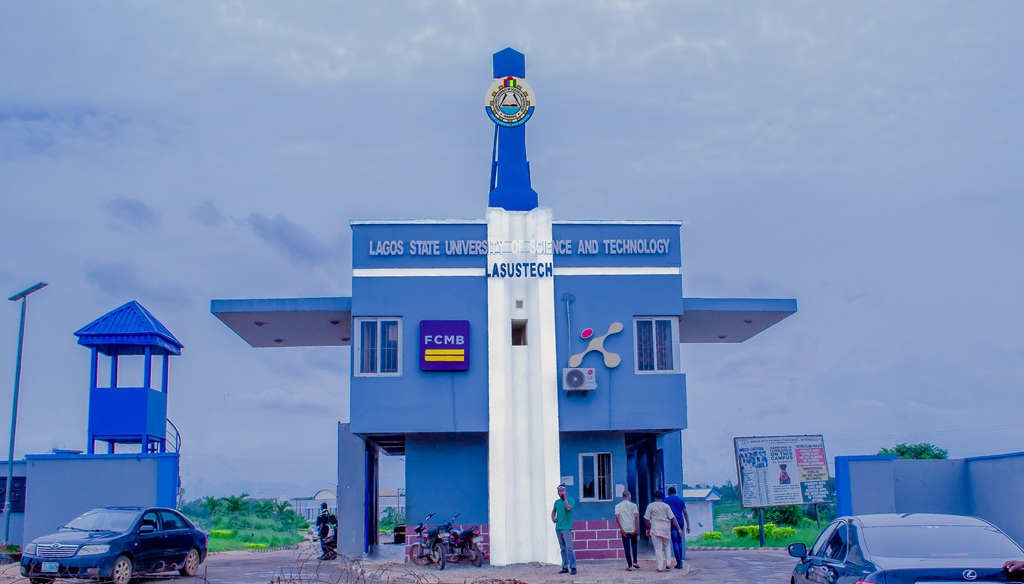Katsina State Governor, Dikko Umaru Radda, has announced that children without official birth certificates will soon be denied access to healthcare services across the state. The decision, according to the governor, is part of a broader strategy to promote accurate data management, safeguard children’s rights, and ensure that every child in Katsina has a recognized legal identity from birth.
The policy announcement came during the official flag-off of the state’s electronic birth registration initiative, held at the Continental Event Centre in Katsina. The event, attended by top government officials, traditional leaders, healthcare representatives, and UNICEF officials, marked a significant step toward tackling the persistent issue of under-registration of children in Nigeria.
Governor Radda’s Vision: “Every Child Must Be Counted”
Governor Dikko Umaru Radda emphasized that birth registration is the first and most critical step in recognizing a child’s existence and protecting their rights. He described the new initiative as part of his administration’s determination to ensure that no child in Katsina grows up “invisible” to government institutions or excluded from essential public services.
According to him, the government has observed a disturbing trend where millions of Nigerian children, especially in rural communities, lack birth certificates—leaving them without legal recognition, access to social benefits, or even eligibility for school enrolment and health insurance.
“Birth registration is the first legal acknowledgment of a child’s identity. Without it, children remain excluded from healthcare, education, and social protection. In Katsina State, we want to change that story,” Radda declared.
e-Birth Registration Launch: A Game Changer for Katsina State
At the heart of this new policy is the introduction of an electronic birth registration system designed to simplify and digitize the process of recording births across the state. Governor Radda announced that all 34 local government areas in Katsina will establish permanent birth registration centres in every ward and village.
This decentralized approach is expected to bring registration services closer to residents, particularly in rural and hard-to-reach communities. The e-registration model will also ensure that all data collected is stored securely in a central digital database, reducing cases of duplication and loss of records often associated with paper-based systems.
Government officials also disclosed that the new system will be integrated with healthcare facilities, ensuring that every newborn’s details are automatically registered at the point of delivery in hospitals, clinics, and primary health centres.
UNICEF Commends Katsina’s Commitment to Child Identity
Representatives from the United Nations Children’s Fund (UNICEF) present at the event praised the Katsina State Government for its decisive action in prioritizing child identity and protection.
The UNICEF Field Officer in Kano described the launch of the e-birth registration programme as a historic milestone that could inspire other states in Nigeria to take similar steps.
“This policy ensures that every child in Katsina has the opportunity to be counted, recognized, and given an identity from birth. It is a vital foundation for achieving equitable access to education, healthcare, and social protection,” the UNICEF official noted.
Healthcare Access Now Linked to Birth Certificates
Under the new policy, children without birth certificates will not be eligible to receive healthcare services in government hospitals and clinics. This includes both preventive and curative services such as immunization, child nutrition programs, and general outpatient care.
Governor Radda explained that the restriction is not intended to punish families but to motivate compliance and underscore the importance of civil registration. He assured citizens that registration centres will be available in all wards, with mobile teams deployed to reach families in remote areas.
He further hinted that similar measures will soon extend to other sectors—including education and employment—making birth certificates a key requirement for school enrolment and government job applications.
Why Birth Registration Matters
Experts and child rights advocates have consistently highlighted the importance of birth registration as a foundation for effective governance and social development. Without legal identity, children are more likely to be excluded from school enrolment, health insurance, social protection schemes, and even legal justice in cases of abuse or exploitation.
Birth registration also provides accurate demographic data for governments to plan public services such as hospitals, schools, and welfare programs. In Katsina’s case, Governor Radda’s administration aims to leverage the data from the new registration system to design better child-centered policies and improve long-term planning.
Challenges and Implementation Concerns
While the policy has been widely praised for its intent, it has also sparked public debate. Some parents and human rights observers have expressed concern that immediate enforcement could deny vulnerable children access to essential healthcare services before they are registered.
Civil society groups have urged the government to introduce a grace period and ensure that registration remains free, fast, and accessible—particularly in communities with limited infrastructure. Others have called for the deployment of mobile registration units to ensure that no family is left behind.
Governor Radda has, however, reassured the public that his administration is aware of these concerns and that the government will implement the policy “in phases,” ensuring no child suffers because of a lack of documentation.
Katsina’s Policy in the National Context
Katsina’s decision aligns with Nigeria’s broader effort to improve birth registration nationwide. The National Population Commission (NPC), in collaboration with UNICEF and other development partners, has been leading campaigns to digitize and expand registration systems across the country.
According to UNICEF, over 70% of children under five in Nigeria remain unregistered—one of the highest figures globally. This policy, therefore, places Katsina among the few states taking concrete steps to close that gap through strong legislative backing and modern technology.
Looking Ahead: A Model for Other States
With the official launch of the e-birth registration exercise, Katsina State is positioning itself as a pioneer in using technology and governance reforms to promote child rights and identity protection. The success of this initiative could encourage replication in other states, especially in Northern Nigeria, where child registration rates remain critically low.
Observers believe that once fully operational, the policy will not only enhance child identity documentation but also support accurate census data, better healthcare delivery, and effective school enrolment planning.



